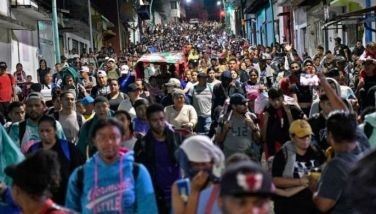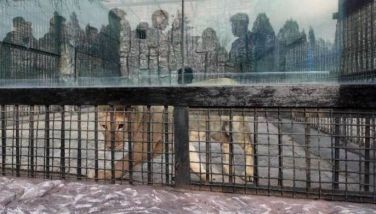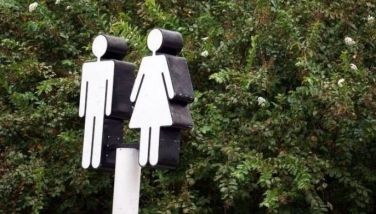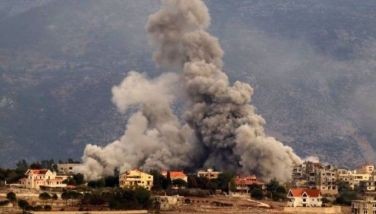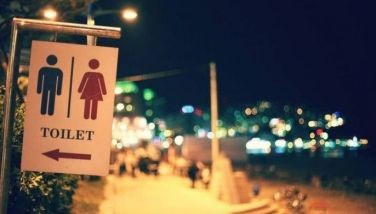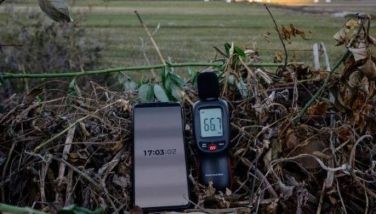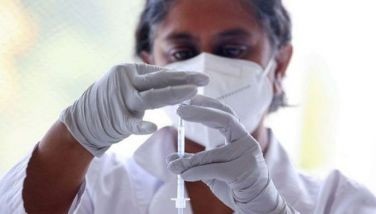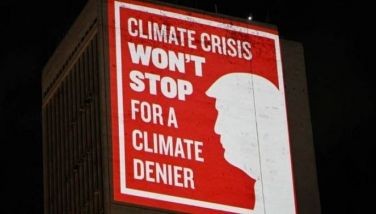Egypt opposition leader calls for election boycott
CAIRO (AP) — Egyptian opposition leader Mohamed ElBaradei called Saturday for a boycott of parliamentary elections, drawing immediate criticism from some within his movement who said it was a hasty decision.
The dispute showed the fragility of a fairly new opposition front forged after the deeply fragmented movement found little success at the polls since it led the 2011 uprising that ousted autocrat Hosni Mubarak.
Opposition infighting would only help ensure that the Islamist Muslim Brotherhood group remains Egypt's dominant political force after the next vote.
"(I) called for parliamentary election boycott in 2010 to expose sham democracy. Today I repeat my call, will not be part of an act of deception," Nobel laureate ElBaradei, who leads the opposition National Salvation Front (NSF), wrote on his Twitter account.
The comment reiterated a frequently heard opposition sentiment that democratically elected President Mohammed Morsi is acting like Mubarak.
Elections under Mubarak's three-decade rule were widely rigged and parliament was dominated by members of his ruling party.
Morsi called for the elections in a decree late Thursday night — a four-stage vote starting at the end of April and concluding in June.
On Friday, ElBaradei said holding elections during this time of deep political polarization "is a recipe for disaster."
Morsi's Brotherhood accused the opposition of running away from the challenge.
The deputy head of the Brotherhood's Freedom and Justice Party, Essam el-Erian, responded to ElBaradei's call on his Facebook page.
"Running away from a popular test only means that some want to assume executive authority without a democratic mandate," he said of the opposition. "We've never yet known them to face any election or serious test."
The mutual recriminations reflected a new escalation in political tensions that could spill into even wider strikes and protests ahead of the elections.
The opposition has accused Morsi and his Brotherhood backers of using election wins to monopolize power in tactics similar to the former regime.
They accuse Morsi of reneging on a promise to form an inclusive government representative of the Christian minority, women, and liberals.
In the country's last major vote, a hotly disputed constitutional referendum in December, ElBaradei urged his supporters at the last minute to participate and vote "No" after a debate within the opposition over whether to boycott.
The referendum was mired in controversy and rights groups criticized unchecked voting irregularities.
The Islamists, accused of ramming the charter through a drafting panel that they dominated, won passage by more than 60 percent, but turnout was low around 30 percent. Critics said the document opened the way for imposing Islamic law more strictly in Egypt.
Tensions soared in the run-up to the vote, with violent clashes between pro- and anti-government protesters that led to bloodshed outside the presidential palace.
Almost immediately after ElBaradei's boycott call, rifts began to emerge in the opposition. Even members of his opposition bloc, the NSF, said the group had not yet decided on a boycott.
Some activists criticized the call, saying it would alienate the masses and allow the Brotherhood free rein over the lower house of parliament, which writes laws and is supposed to monitor the president.
The Brotherhood already has the most seats in the upper chamber of parliament, largely an advisory body currently serving as an interim parliament. And it also successfully fielded Morsi as its candidate for president.
In Egypt's first free elections in 2011, the Brotherhood won nearly half of seats in parliament and the more conservative Islamists known as Salafis won a quarter.
A splinter Salafi party has emerged since then and competition for seats is expected to be fierce, particularly in Egypt's vast rural areas and poor city slums.
Within months of being elected, the lower house of parliament was disbanded in June of last year after the Supreme Constitutional Court ruled that a third of the chamber's members were elected illegally.
The upcoming elections are to reinstate the legislature.
Liberal and secular parties have trailed significantly in all elections since Mubarak was toppled. Their outreach across Egypt, while growing, is still dwarfed by the Islamists' well organized network of charities and programs that assist the poor.
But at the same time, since Morsi's election as Egypt's first civilian and Islamist president last summer, his popularity has eroded.
Blogger and commentator Mahmoud Salem, a longtime activist who now opposes Morsi, said he disagreed with a boycott because it offers no real alternative to the political impasse.
"Where's ElBaradei's party, its plan, its economic vision? Let's say a boycott is the right answer. What will they do so that they can be competitive in the next election?" Salem said.
He accused ElBaradei of calling for a boycott in part because the opposition has been unable to win significantly at the polls.
"In reality, it will end up as a parliament composed of the Muslim Brotherhood, the Salafis, or members of the ex-regime," he said.
Others have said they may enter elections, but are criticizing Morsi's timing.
Shadi Taha, a leading figure of al-Ghad al-Thawra party led by former Mubarak rival Ayman Nour, told The Associated Press that the country should be focused first on more pressing issues like the economy, education and health care.
The party has not yet decided if it will boycott.
"The last thing we need is to enter a new cycle that further polarizes and splits the country," Taha said. "First there should be stability. ... Elections should have been delayed to deal with bigger priorities."
On the second anniversary of the Jan. 25 uprising this year, anger at police impunity for abuses and an array of other social woes spilled out onto the streets and violence again engulfed the nation.
About 70 people died in a wave of protests and riots since then — more than half of them in the restive Suez Canal city of Port Said alone.
A civil disobedience campaign in Port Said entered its seventh day on Saturday. The protesters are demanding retribution for those killed during the recent unrest. There have also been near daily protests in Cairo and in the textile producing city of Mahalla.
Former lawmaker Mostafa al-Naggar, a centrist, said boycott calls will be ineffective unless there is unity among the opposition.
He wrote on Twitter that a boycott "will clear the arena for the ruling party and its allies to dominate the legislative and executive branches."
ElBaradei's opposition coalition, which was only formed late last year, had warned for weeks it could boycott if certain conditions were not met first.
The NSF said it wants a real national dialogue that leads to the formation of a more inclusive government, changes to the constitution and stability.
Egypt's new constitution, approved in late December, says that procedures for elections should begin within two months of the charter being ratified but does not set a deadline for the vote.
Egypt's Coptic Christians complained that elections start around Palm Sunday and Easter, prompting Morsi to review the timing of the vote. Minority Christians have consistently voted against the Brotherhood.
On Saturday, Morsi changed the start of voting to April 22 instead of April 28.
Morsi's supporters say that delaying elections, protesting and boycotting are affecting Egypt's ability to lure foreign investors and tourists again as the economy deteriorates.
Egypt's oldest opposition party, al-Wafd, steered clear of immediately supporting a boycott. Instead, the party said it will file a lawsuit against elections being announced before laws governing the vote are approved.
Former liberal lawmaker Amr Hamzawi , part of ElBaradei's NSF group, told the AP that a boycott might be a good option but ElBaradei's unilateral call may have come prematurely.
"I don't think we need to decide today. But we need to enter a process of collective reflection," he said. "It takes time" for any opposition to translate its movement into societal change and elections victories.
- Latest
- Trending















